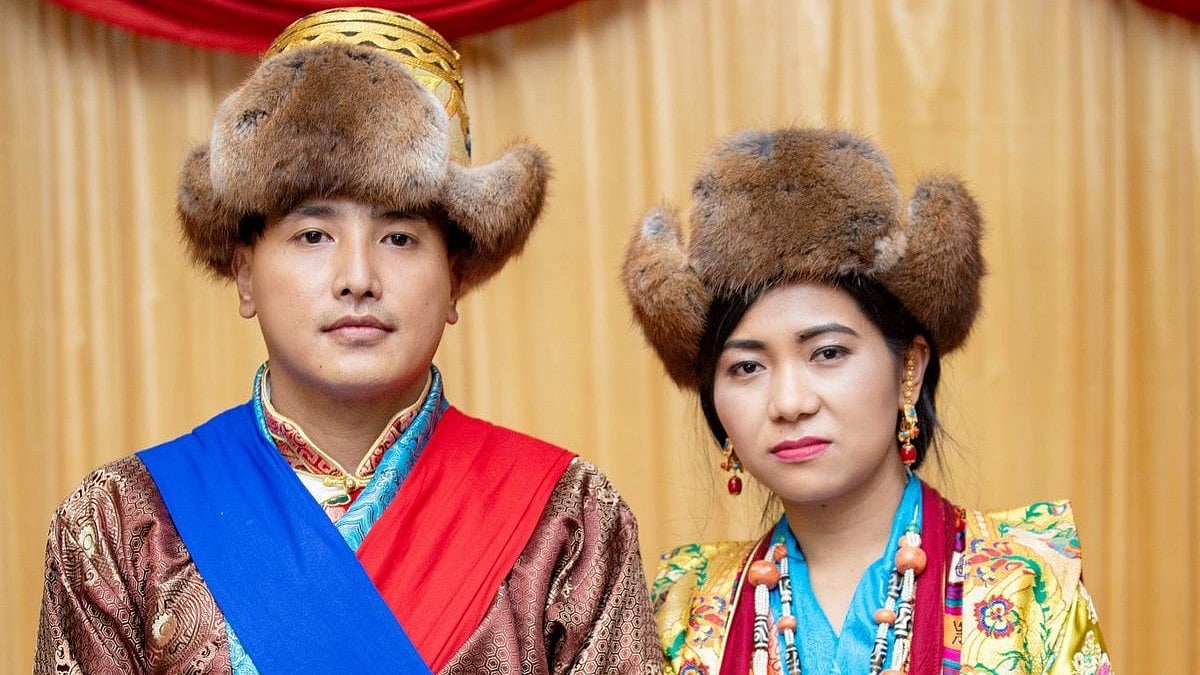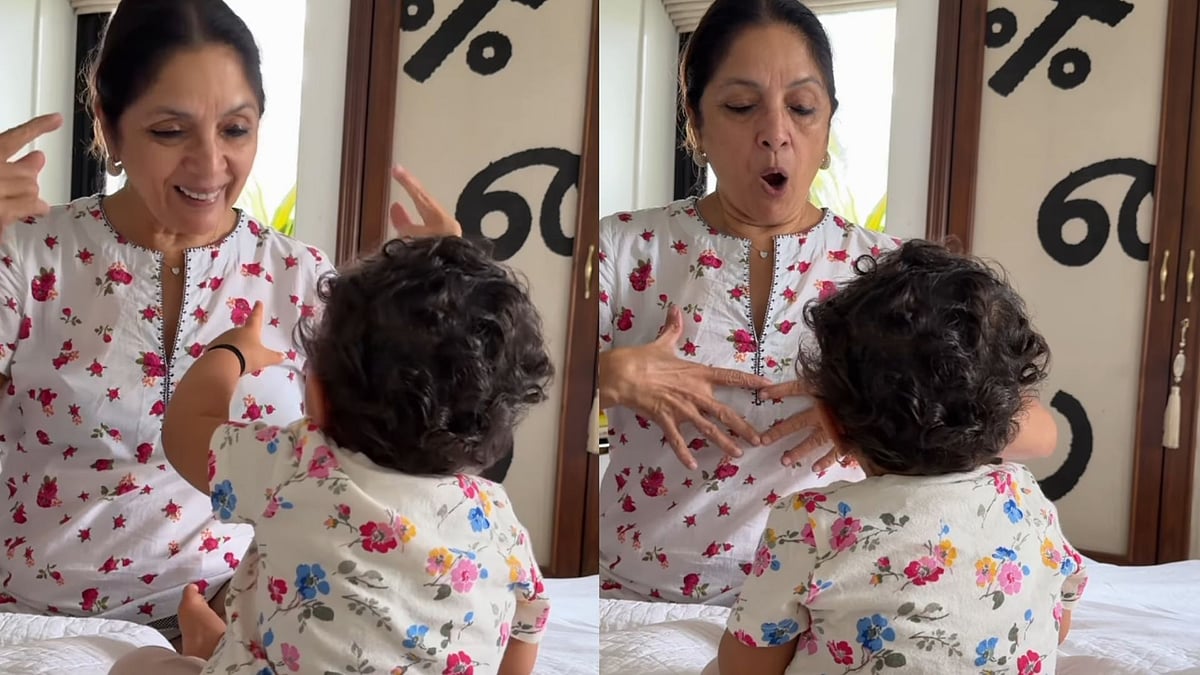Washington: Researchers have found that when people saw others in their group hesitating before making a choice, they were about twice as likely to break from the group and make a different choice.
The findings of the study were published in the journal 'Management Science'. "When we see other people hesitate before making a choice, that tells us they were conflicted, that they weren't entirely sure they were making the right decision," said Ian Krajbich, co-author of the study and professor of psychology and economics at The Ohio State University.
"That makes people less confident in the group consensus and frees them to make decisions based on their own information. That can help groups to escape bad outcomes," added Krajbich.
Krajbich conducted the research with Cary Frydman, associate professor of finance and business economics at the University of Southern California Marshall School of Business. Their study was published this week in the journal Management Science.
The findings have implications for group behaviour in politics, finance, fashion -- any situation where there might be herd behaviour, Krajbich said.
"Even if it appears at first that everyone is following the same trend, hesitation may reveal that they are not all on the same page," he said.
"If people start to notice that others are hesitating before joining the herd, that can stall the momentum or shift it entirely," he added.
For example, think about a political campaign in which a candidate is seeking endorsements from popular politicians. Slow endorsements that come late in a campaign could indicate weak support and are less convincing than endorsements that come earlier in a campaign, Krajbich said.
The study involved 72 college students. They participated in groups of eight. In each of the 30 rounds, the eight participants were given identical virtual bags containing three balls, each marked either "A" or "B" (the study was conducted on computers). One at a time, each participant pulled one ball, saw which letter was on it, and then guessed which letter appeared most frequently in the bag.
For example, imagine that the first group member pulled out a ball that was marked A. It would make sense for that person to guess that the bag contained more A balls.
Each person following could see what the previous participants guessed -- but not what letters were on those earlier balls. That left some participants later in the chain with a dilemma, Krajbich said.
Say you were fourth in line and you pulled an A ball. That would suggest there are more A balls in the bag. But you see the previous three people guessed B.
You have to decide whether to go with your information that suggests guessing A or to go with the herd and guess B. That's where hesitation comes in, Krajbich said. If you see that the previous person in the chain waited a while before choosing B, that may be an important signal.
That previous person may have also pulled an A ball, like you did, and hesitated before choosing B with the herd. In that case, choosing A might actually make sense for you.
That's exactly how many participants interpreted situations where their information conflicted with the group, Krajbich said. When their predecessor responded slowly, participants chose against the herd about 66 per cent of the time, compared to only 33 per cent of the time when their predecessor chose quickly.
In cases where the group was making the wrong decision, this often led people to break from the herd and make the correct choice, he said.
"A couple of bad decisions at the beginning can lead everyone astray. That's the herd behaviour," Krajbich said.
"But what we found is that if people can see the hesitation in others' choices, that can help them break the chain and change the course of the group." The same phenomenon can work the opposite way, too. Fast decisions by others can reinforce one's own information.
For example, if a person sees their friends quickly choose to get a vaccine for COVID-19, that may make them more comfortable making the same choice, Krajbich said.
If friends hesitate before getting a vaccine -- even if they eventually get one -- that may make a person less sure about whether to get the shot, he said.
Krajbich said the findings in this study aren't necessarily a universal rule. There may be some decisions for which taking longer to choose could indicate a more thoughtful choice.
"It will be important to figure out when fast decisions signal confidence or when instead they signal thoughtlessness," Krajbich concluded.











